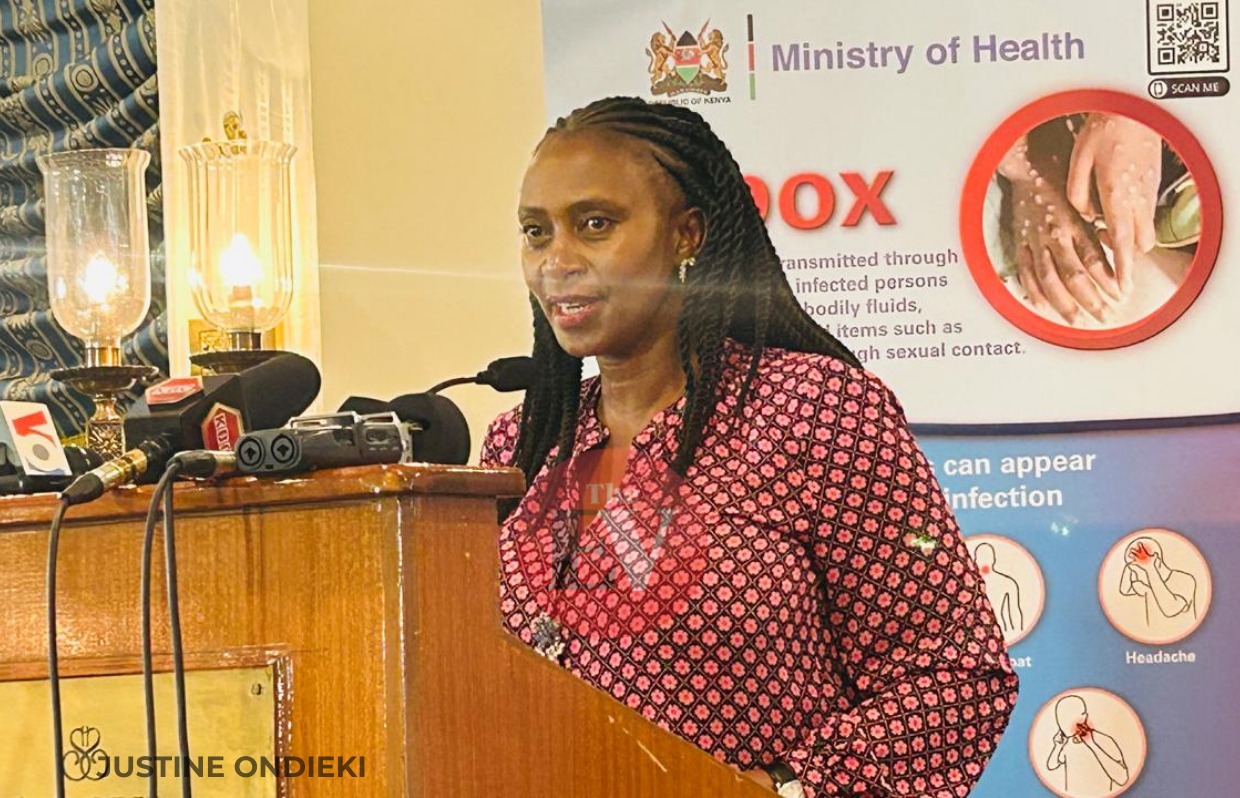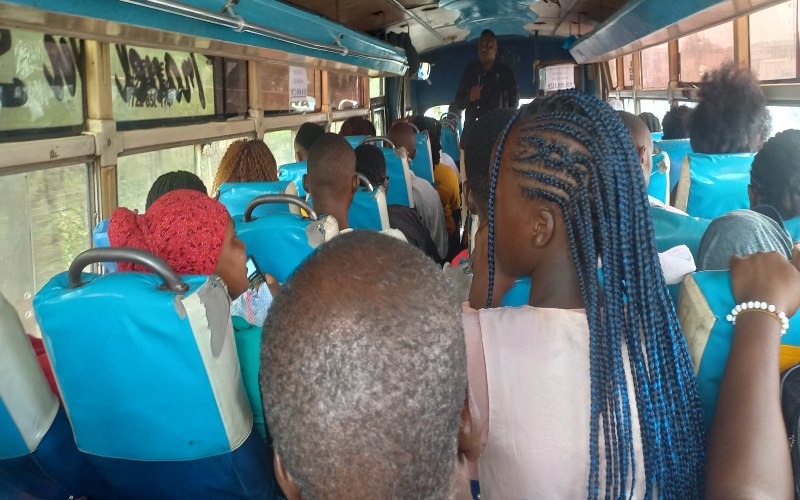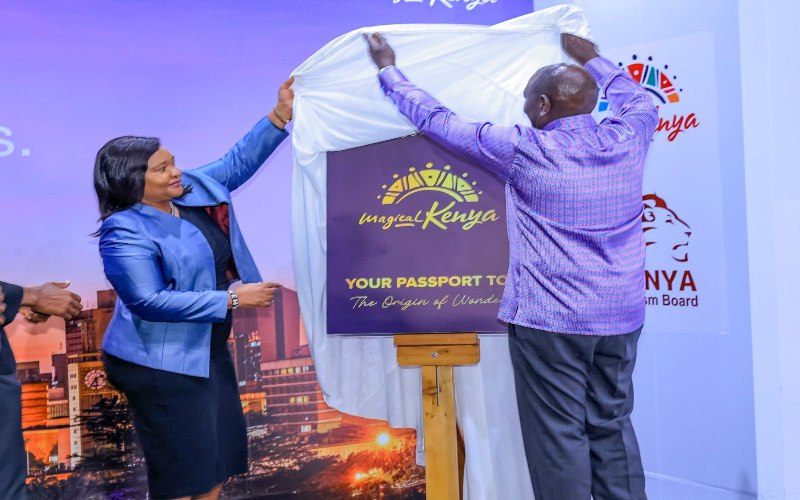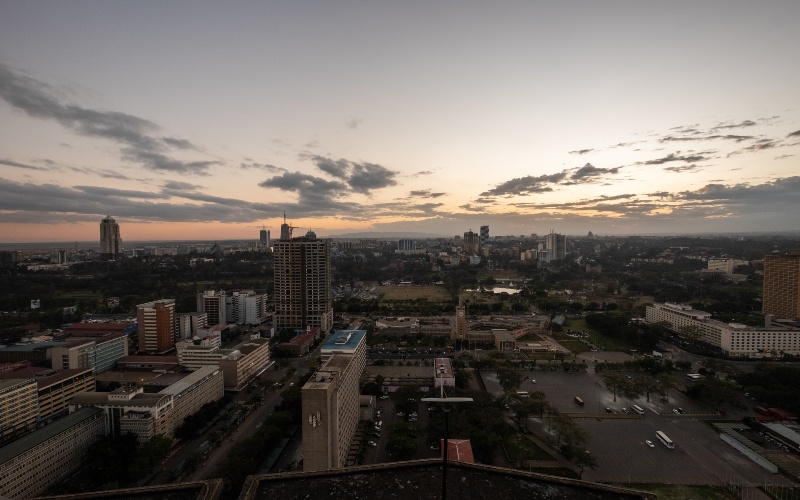Mpox cases rise to 36 across Kenya as Nakuru County emerges as hotspot

To further strengthen its response, the government will roll out vaccination programmes in high-risk areas and enhance contact tracing efforts.
Nakuru County and its neighbouring counties, along with border regions, have been identified as high-risk areas for Mpox.
Out of the 36 cases reported across the country, Nakuru accounts for 10, making it a hotspot for the disease. This rise includes five new cases recorded within the past week.
More To Read
- Gaza faces humanitarian disaster with thousands trapped in flooded camps
- England confirms new mpox strain: What you need to know
- Kilifi County reports increase in dog bites and rabies cases
- Mandera marks major sanitation milestone as 64 villages achieve ODF status
- Are vacuum cleaners worth it? The ultimate guide to today’s home essential
- Narok health officials sound alarm on fake cholera vaccination drives amid rising cases
Speaking at a stakeholders' meeting, Public Health Principal Secretary Mary Muthoni reaffirmed the government's commitment to mitigating the spread of Mpox.
"We are closely monitoring emerging cases and implementing measures to reduce risks. Campaigns and awareness programmes have been initiated to educate the public on preventive measures," she said.
Other counties have also reported Mpox cases, including Mombasa (3 cases), Nairobi, Kajiado, Bungoma, Kilifi, Makueni, Kiambu, and Uasin Gishu. Over the past week, Kericho recorded one case, Taita Taveta one, Busia two, and Kilifi one.
With schools now open, the Ministry of Health is collaborating with the Ministry of Education to roll out personal hygiene programmes to control preventable diseases like Mpox and malaria.
"We're prioritising hygiene education in schools to ensure children learn in safe environments," Muthoni said.
The Health ministry is focusing on eradicating open defecation, which remains a challenge in 15 counties.
"Ending open defecation is critical to improving sanitation and preventing the spread of diseases caused by poor public health practices," Muthoni said.
To further strengthen its response, the government will roll out vaccination programmes in high-risk areas and enhance contact tracing efforts.
"Our goal is to identify and isolate potential cases early to minimise transmission," said Muthoni.
As Mpox cases rise across Kenya, the Ministry of Health's proactive measures aim to curb the spread and protect communities.
Top Stories Today












































